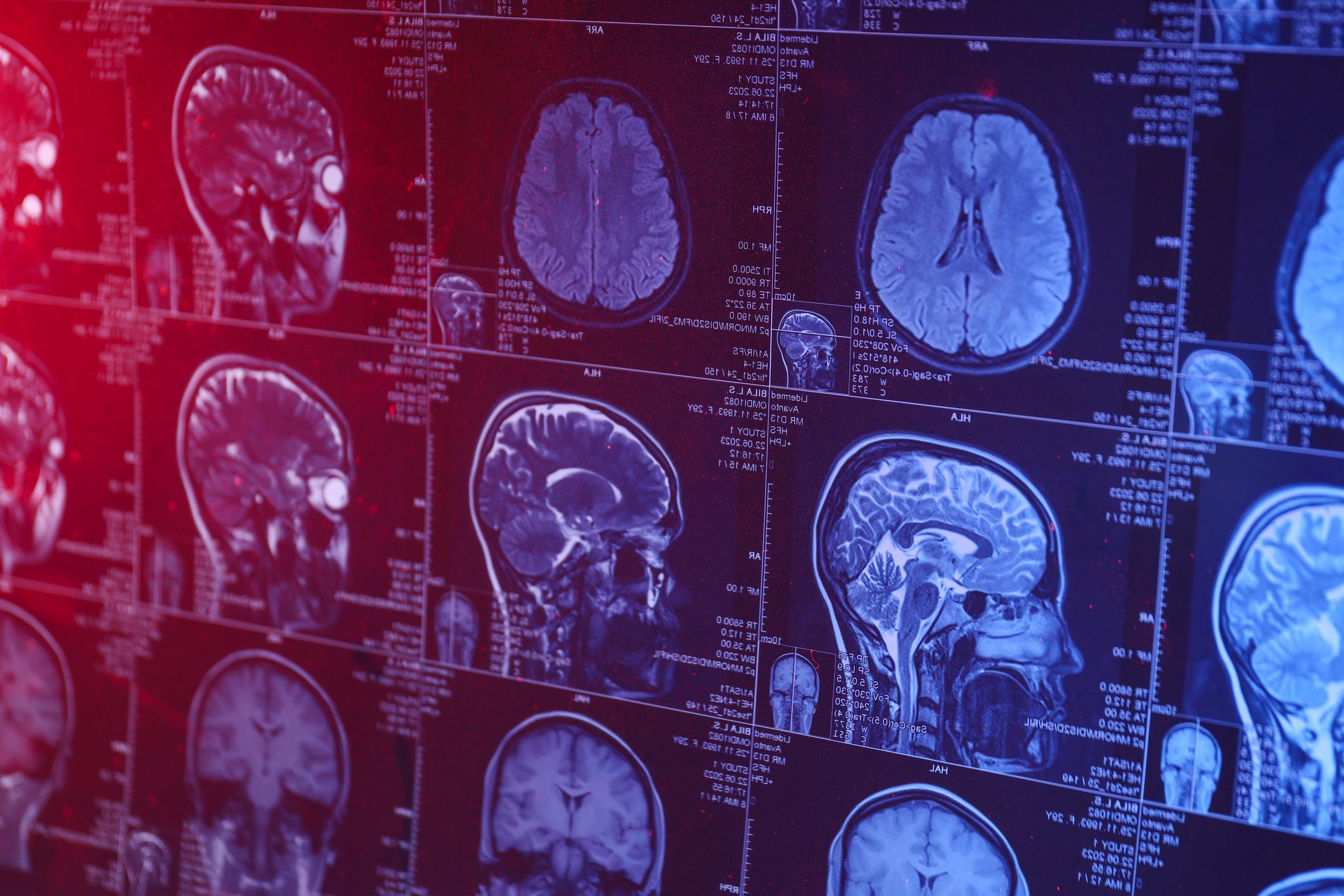Using a smell diffusion tool and electroencephalograms, Japanese researchers have managed to determine the speed at which the brain detects odors.

- During the experiment, participants had to rate the smells, determining whether they were pleasant or not.
- They had to identify the smells with different possibilities: tea leaf, lemon, wet dog, mothballs, etc.
- Disorders of smell are common in the elderly, but they can also be a symptom of a disease, including Covid-19 or multiple sclerosis.
Some smells delight us, others disgust us and this has an impact on our brain. According to a study published in PNAS, it detects bad odors more quickly. Thanks to a device created especially for this research, the authors were able to observe the speed of perception of odors by the brain.
Detection in 300 milliseconds
Developed by a team from the University of Tokyo, the tool is capable of delivering 10 different scents precisely and quickly. In addition, the scientists performed electroencephalograms to analyze the brain activity of the participants. The group was then able to process the EEG data using artificial intelligence, to see when and where the range of smells had been processed in the brain. “We were surprised to be able to detect presented odor signals from very early EEG responses, as quickly as 100 milliseconds after odor onset, suggesting that the representation of odor information in the brain is changing. produced quickly“, explains Mugihiko Kato, a doctoral student in the School of Agriculture and Life Sciences at the University of Tokyo.
But depending on the type of smells, the detection speed was not the same. When unpleasant odors, such as rotten or rancid things, were released, participants’ brains could tell them apart from neutral or pleasant odors as early as 300 milliseconds after they appeared. Conversely, the representation of pleasant odors such as those of fruit or flowers in the brain did not occur until 500 milliseconds. From 600 to 850 milliseconds after the odor appeared, areas of the brain involved in emotional, semantic and memory processing became most active.
Why does the brain detect bad smells so quickly?
According to the authors, this phenomenon has an explanation, linked to our reflexes as vulnerable living beings. “Early perception of unpleasant odors can be an early warning system against potential dangers“, they suppose. For them, these results have many implications, in particular concerning certain neurodegenerative diseases, such as Alzheimer’s or Parkinson’s disease: smell disorders are among the possible symptoms. “Uncovering more of the neural bases of odor perception could help to better understand these diseases in the future.”say the authors.
They intend to continue their work, including other senses. “In our daily life, smells are perceived together with other sensory information like sight, and each sense influences the perception of the other, believes Mugihiko Kato. We believe it is important to analyze brain activity under more natural conditions, such as the presentation of odors while playing a movie at the same time.“

















